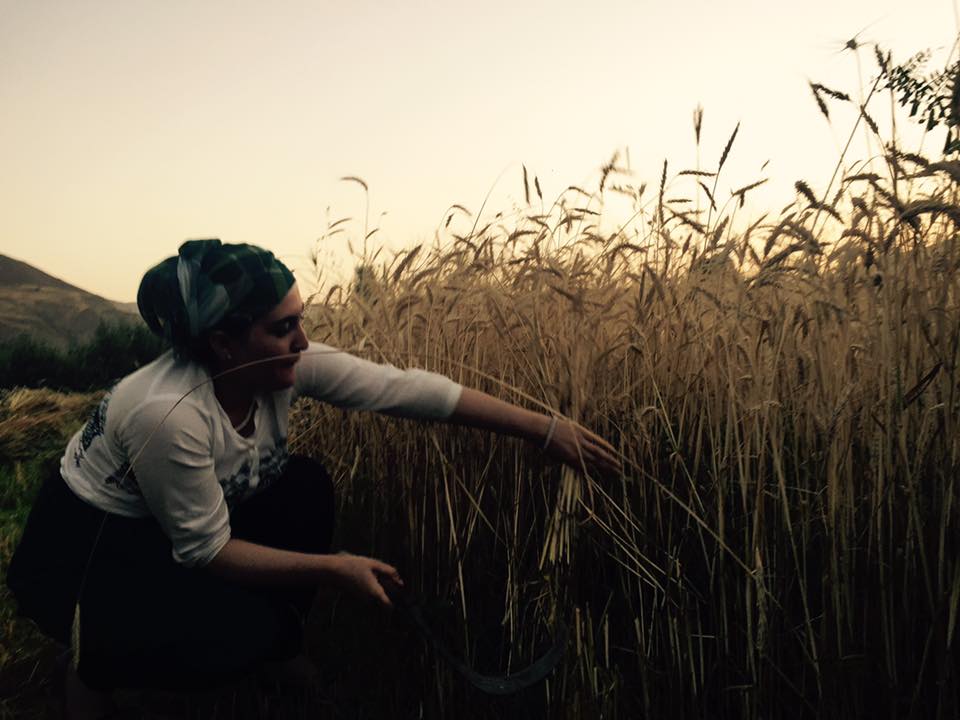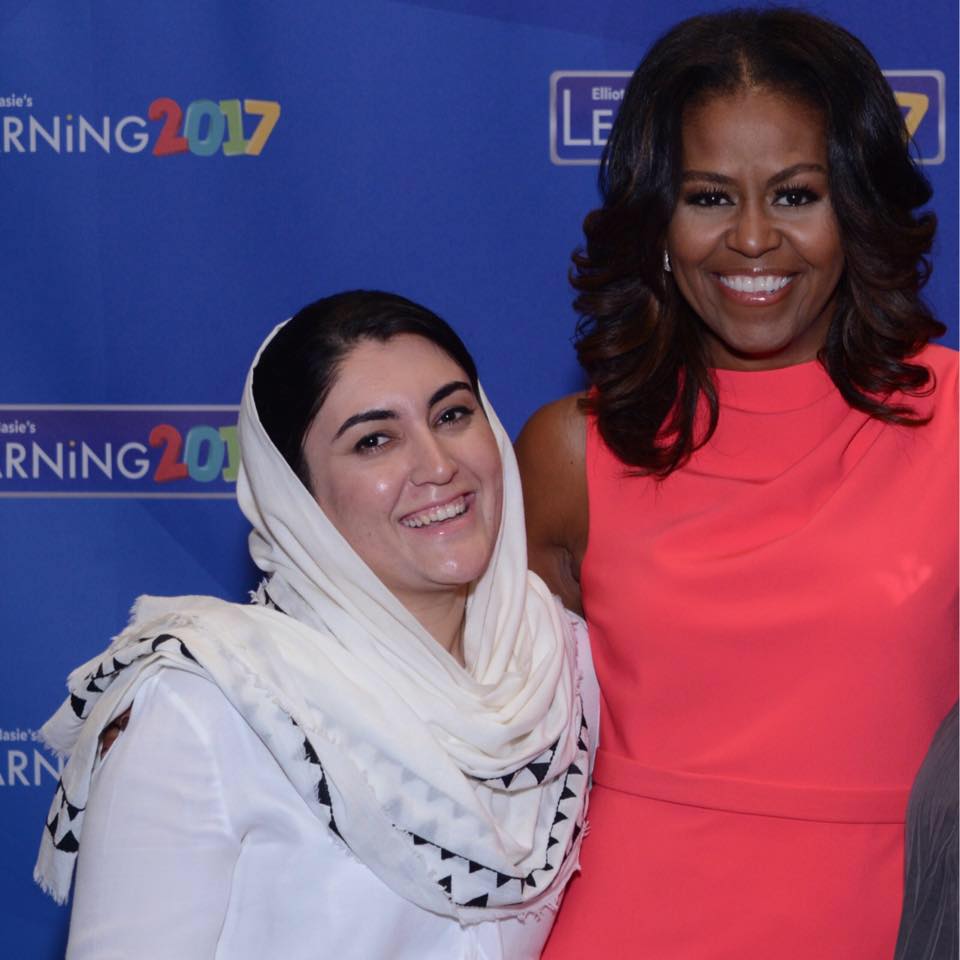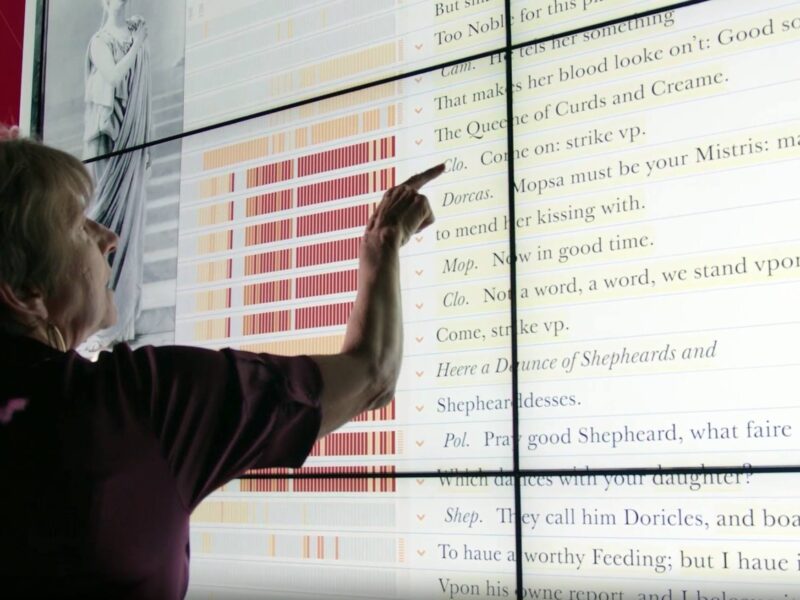Texas A&M Bush Student Pushes For Cultural Change, Childhood Education In Native Afghanistan
Metra Mehran, ’18, is redefining boundaries for women in Afghanistan and in public service.
As an advocate for women in her home country, Mehran works tirelessly as a public servant while simultaneously completing her Master in Public Service and Administration.
Born in Badakhshan Province in northeast Afghanistan, Mehran began her education at the Bush School of Government and Public Service at Texas A&M University as a Fulbright Scholar after completing a degree in political science and public administration at the American University of Afghanistan in Kabul.
A Chance for Change
Constantly striving to better the world in which she lives, Mehran’s roots have shaped her perspectives and worldview. Today, she advocates for children in war-torn countries who are unable to access education. In rural Afghan villages, ninety-three percent of females are unable to read or write.
Recognizing this gap, she has worked with a nongovernmental organization to build libraries containing books and computers with internet access in rural Afghan villages. Females in Afghanistan often face limited mobility and therefore are unable to see the world beyond the boundaries of their home village. It is in these villages that patriarchal societal norms are reinforced—libraries have the chance to change this.
The internet, Mehran said, is the easiest and most cost-effective way to connect girls to the outside world. Through this, girls can see they have the potential and the capacity to be different.
“War leaves millions of children unable to access education, and we need new solutions to fill the gap where traditional education does not reach,” she said. “I believe technology is one of the most convenient ways to fill that gap and has the potential to help make this possible.”
An emerging leader in the battle for children’s education, she has given multiple talks on the importance of educating children, including a recent talk at Elliot Masie’s 2017 Learning Conference in Orlando, Florida, where she had the privilege of sharing the stage with former first lady Michelle Obama.
Respect-Driven Leadership
Through these efforts, Mehran continues to advocate for change in her home country. But bringing about change requires working with others, and sometimes cultural differences or differences in ideas make communicating change difficult. She describes the importance of showing respect to those you serve, explaining that because someone is different does not mean they should be shown any less respect.
Mehran practices a kind of respect-driven leadership. Not only must leaders show respect but also they must earn the respect of those they serve. She describes the challenges of working and serving in a male-dominated society as a woman. She explains that communicating with men in Afghan villages, who do not view her as holding any authority solely because she is a female, is often challenging. This, she says, is not the men’s fault but is a product of opportunities they were not given, resulting in a lack of understanding.
AgriLife Equips Afghan Farmers With Livestock Production Tech
“I need to respect their values and who they are,” she said. “And then I must approach them in a way that allows them to accept me.”
While Mehran doesn’t necessarily consider herself a leader, she is a leader for the causes she believes in, whether it is ensuring girls have the opportunity to go to school, making sure people are respected or heard, or changing the things around her that she sees should be different. In line with the Aggie core values, Mehran has the confidence and the experience to lead change in her world. For her, this means continuously fighting for those in Afghanistan who cannot fight for themselves due to circumstance.
“If you want to serve for a certain cause, then that cause should be the only thing you think about,” she said. “And in ways like this, I do see myself as a leader.”
###
This story originally appeared on the Bush School of Government and Public Service website.







